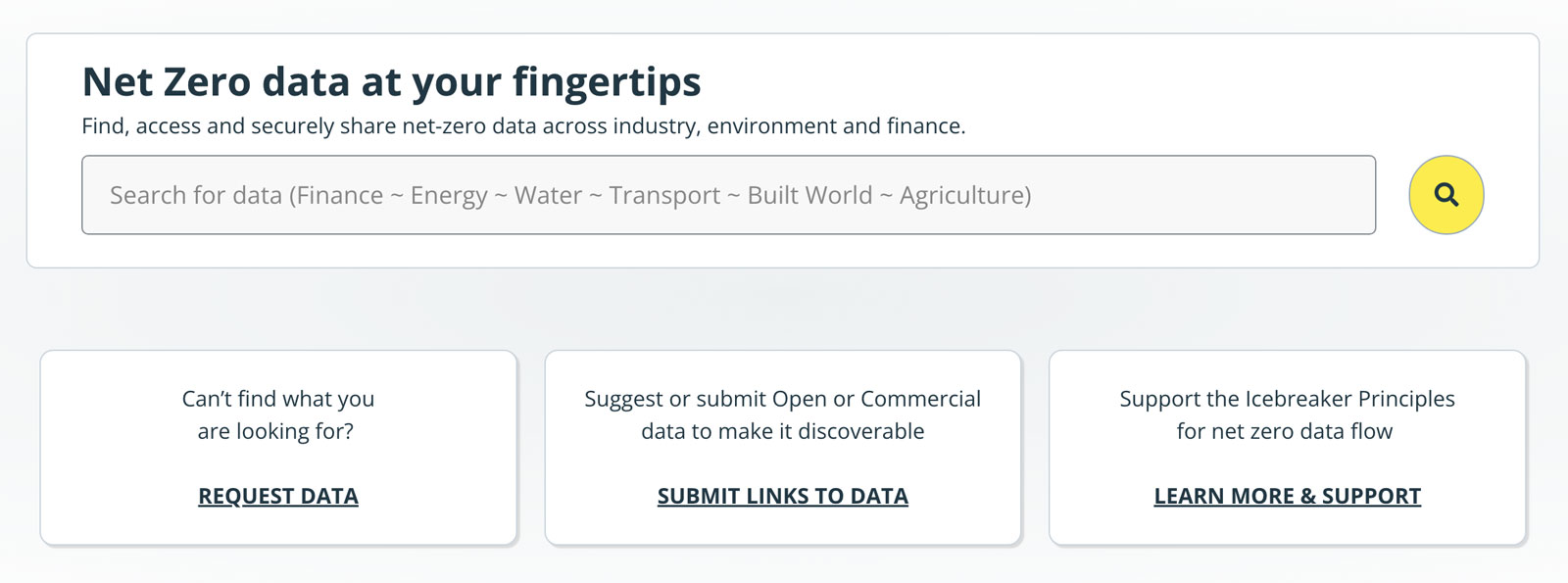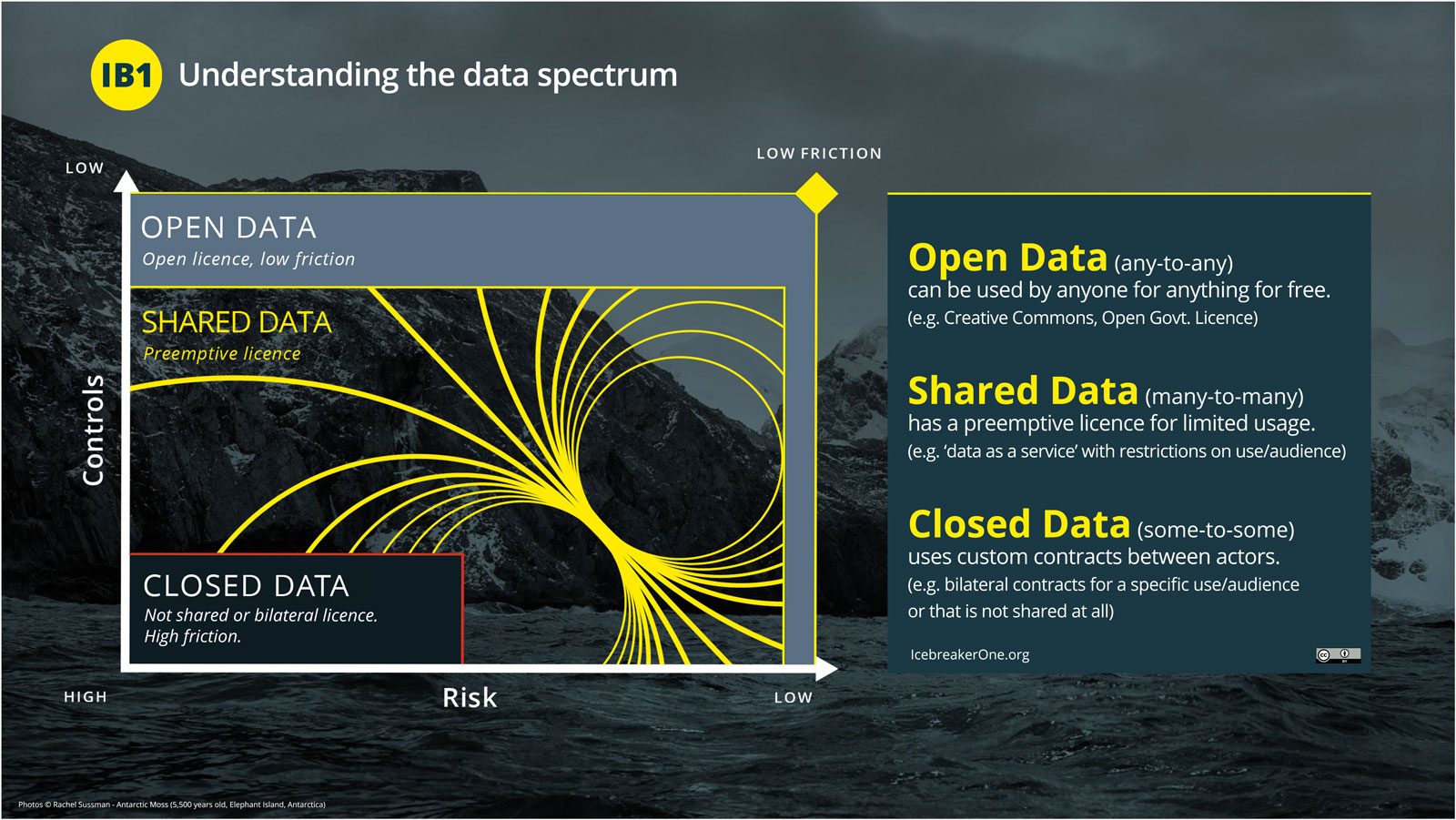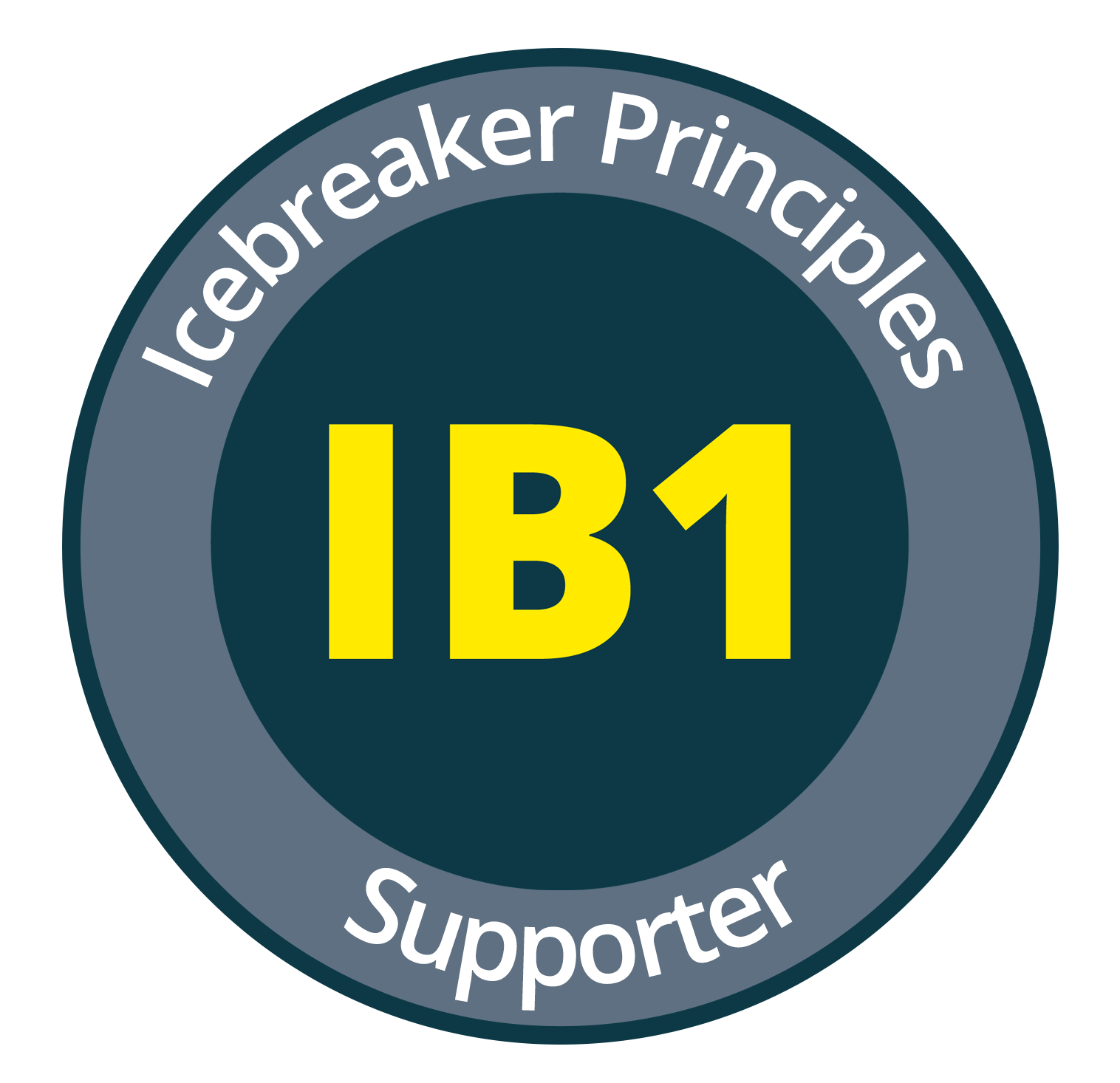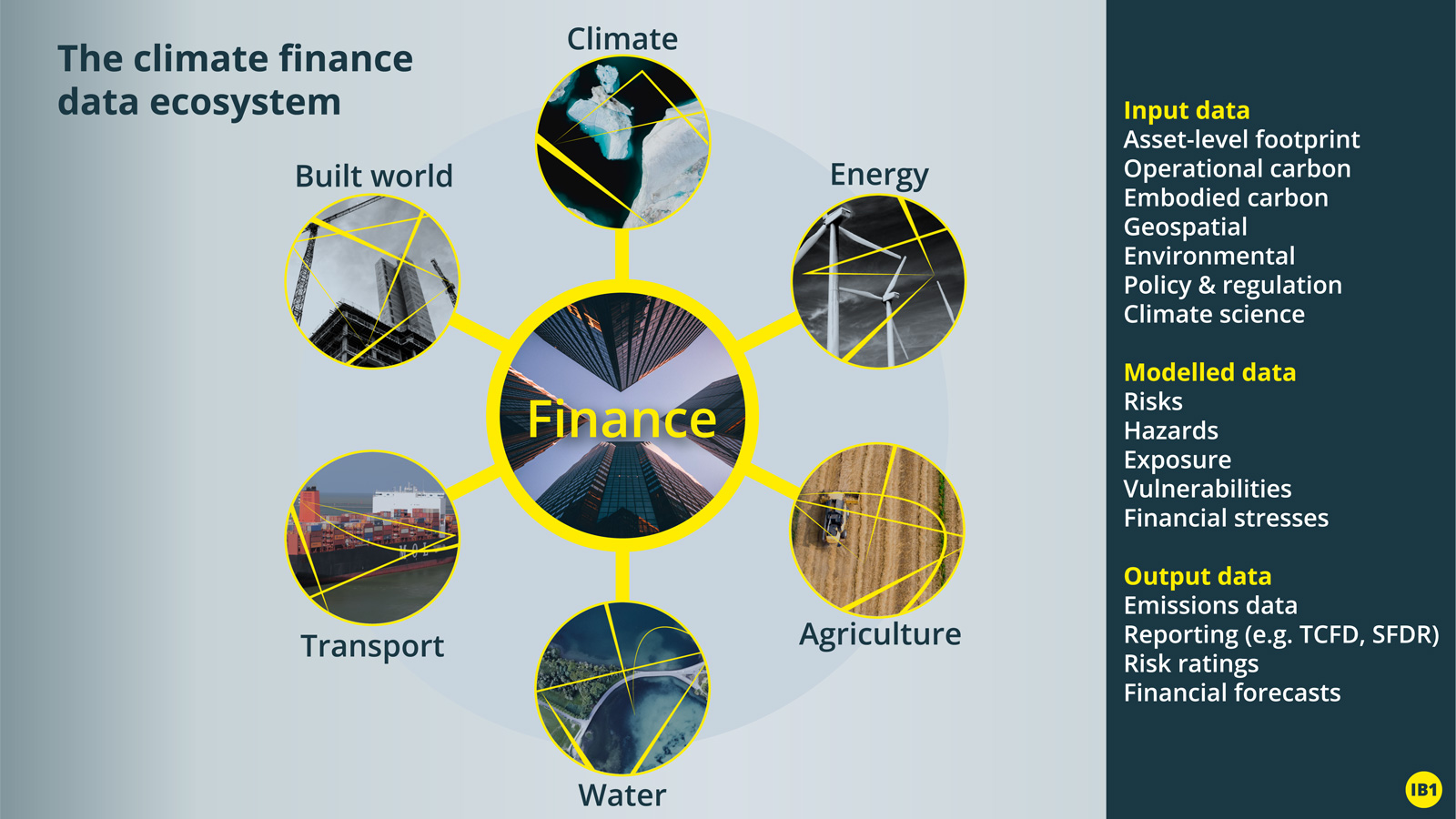Today, Icebreaker One announces Open Net Zero search at https://opennetzero.org.

It is a starting point for net-zero data infrastructure built to address commercial, non-commercial, government and public needs.
It’s designed to help make net-zero data discoverable, accessible and usable.
There is a lot of Open Data related to net zero (e.g. company disclosures) and we aim to make this far more discoverable than it is today.
However, much of the data needed to drive net-zero decisions is not openly licensed or free for anyone to use. We aim to make this data more discoverable. To address restricted usage, we are building a Trust Framework for data sharing. This enables Shared Data to be discovered and licensed at scale.
We are not building a ‘database’ of all the data. We are working with partners [see below] to enable all the data to be more discoverable using open standards. Ideally, anyone should be able to make their own search engine or build their own data lake based on these open standards.

Net-zero data includes data across finance, agriculture, water, transport, energy and the built world. We propose all data be machine-readable and have open metadata to enable its discovery.

The web of net-zero data should be for everyone. To support this, we have created the Icebreaker Principles and encourage you to support them as well. Sign to endorse them today.
Who is Open Net Zero for?
It is for everyone involved in our net zero future, whether working in the financial economy (e.g. sustainable finance, climate risk modelling, investors, auditors, asset managers), the real economy (e.g. sustainability leaders, engineers, analysts), government (policy) or the third-sector (e.g. NGOs, charities).

To enable access to data, the definition of the rules used to share it requires participation from diverse actors. Robust policies and standards can also support assurance and audit. Data owners need to be able to control who can access it in a manner that addresses commercial, legal and regulatory requirements.
Why do we need this?
Accurate, trustworthy data that informs net-zero actions is essential to decision-makers across finance, industry, government and beyond. It will help derisk financial instruments, accelerate new technologies to market and enable monitoring against science-based targets.
The challenge
- Data does not effectively flow between organisations
- Instead of being connected and networked in an open ecosystem, data is siloed
- The ‘standard response’ from supranationals, countries, multinationals and companies is to ‘build a portal’
This is not a technology problem. It is not even a ‘data’ problem. It is a commercial, political, and cultural challenge. Open Net Zero is not a database, its aim is to support a functioning data ecosystem that connects, not collects.
- Use open standards for data sharing
- Address which data need to be shared, why, how, by and for whom
- Anchor around common rules that address user needs (search, access, use)
An open market design helps unlock discovery (search), access (structure), and usage (licensing), for both Open Data and Shared Data.
- Design for search: Making data discoverable means designing for search
- Connect don’t collect: Accessibility requires addressing its structure and connectivity
- Address user needs: Addressing its usability means addressing data licensing around use-cases
How can I get involved?
- Use it, and tell us what data you want and what data you have to share
(nb: we don’t store your data, we make it discoverable) - Endorse the Icebreaker Principles
- Share with your peers
If you’d like to learn more about the emerging net-zero data ecosystem in finance, see our briefing at https://ib1.org/2022/09/16/net-zero-disclosure-reporting-and-accounting/
Definitions
- Net Zero: https://ib1.org/net-zero/
- Net Zero Data: https://ib1.org/net-zero-data/
- Trust Framework: https://ib1.org/ib1-trust-framework-for-data-sharing/
Linked initiatives
- Carbon call
- Future of Sustainable Data Alliance (FoSDA)
- Climate Arc (workshop outputs)
- Bankers for Net Zero (UK All-party Parliamentary Group)
- Climate Action Data 2.0
- IB1 Constellation
- To illustrate the principle of connect don’t collect, Open Net Zero and https://data.subak.org are cross-indexing each other’s content, based on their own curatorial needs.

One thought on “Open Net Zero—can we build a web of net-zero data for everyone?”
Comments are closed.